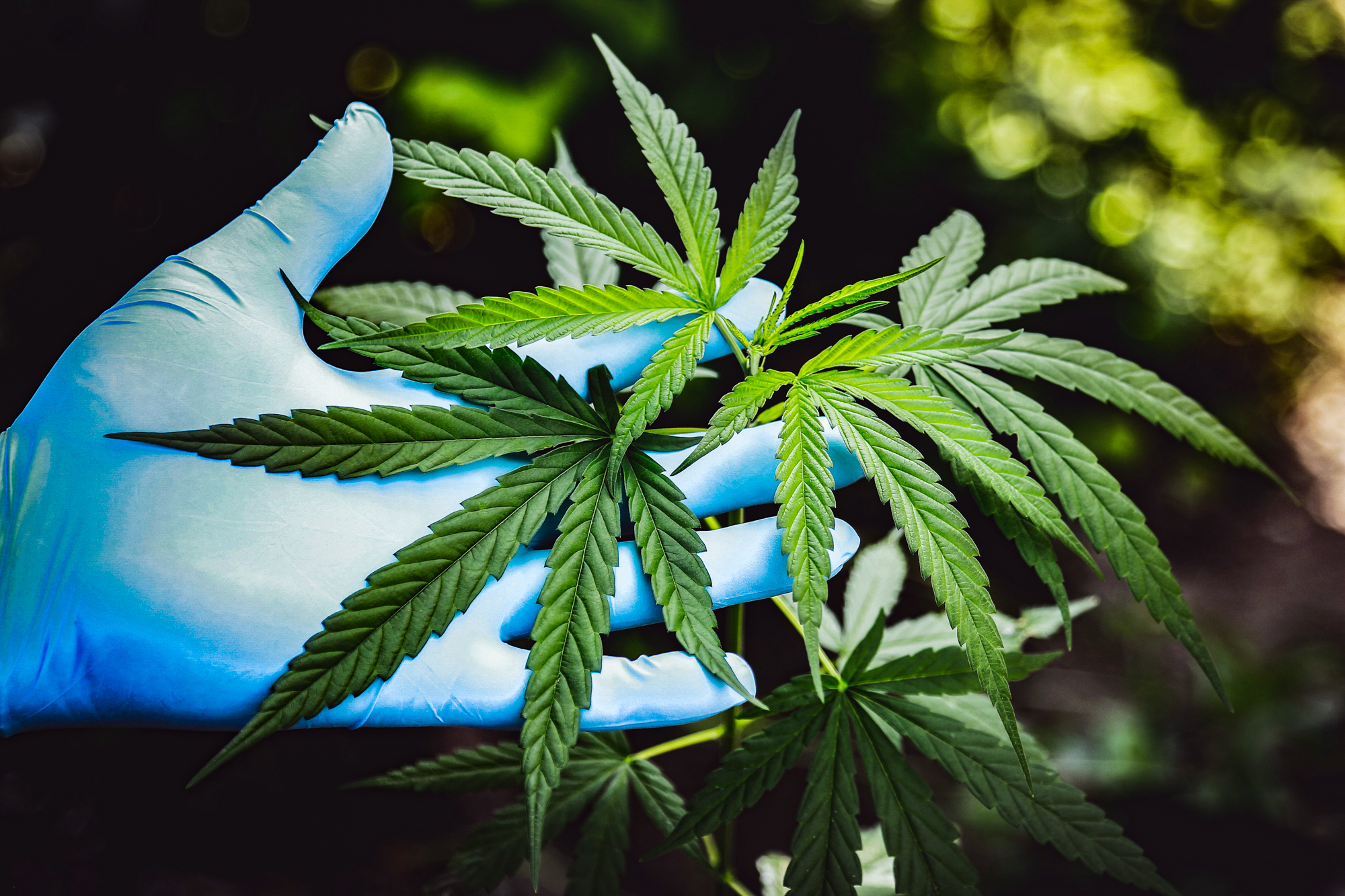Maryland’s House of Delegates passed legislation Friday that would create the state’s regulatory framework for the recreational cannabis market.
Delegates voted 103-32 to pass the bill, which comes after Maryland voters decided to legalize cannabis through a ballot referendum in the November 2022 election. The bill will now head to the Maryland Senate.
Senate President Bill Ferguson said Friday that the two chambers may need to work out differences in the legislation, but he is hopeful about passing the bill.
“I feel very confident that we’re going to get it done this year,” he told reporters.
Gov. Wes Moore has already expressed his support for the legislation.
Starting July 1, possession and use of cannabis will be legal for people 21 and older.
This means the General Assembly has until the end of its 2023 legislative session — which is scheduled to end on April 10 — to create a regulatory framework.
[Maryland General Assembly bills aim to address growing fentanyl overdose crisis]
The bill passed by the House of Delegates includes initiatives to increase business opportunities for communities most impacted by cannabis criminalization. The bill creates a social equity office to encourage these communities to participate and establishes a Community Reinvestment and Repair Fund to fund community-based initiatives intended to benefit low-income groups.
The bill would also establish a licensing system and regulatory agencies.
Del. C.T. Wilson, one of the house bill’s lead sponsors and the chair of the economic matters committee, spoke on the House of Delegates floor Friday about his goal of creating a safe and equitable cannabis market.
“It’s our duty to ensure that Marylanders can receive the benefit of ownership in this industry. That citizens can have access to safe and effective cannabis without fear of adverse health effects, or violence. That small businesses in Maryland can flourish in this industry,” he said. “That communities that were ravaged by the War on Drugs are in some small part to finally benefit from marijuana.”
However, Kris Furnish, the co-founder of Maryland Marijuana Justice, thinks the bill fails to create a level playing field by allowing people who already have a medical cannabis license to have the first chance to obtain a recreational cannabis license. Furnish co-founded MDMJ in 2018 to fight for cannabis legalization and reform.
The $1,000 application fee for a micro license is also a barrier of entry, Furnish said.
“We shouldn’t allow for the corporate cannabis to come and take over. Everybody deserves an opportunity,” she said.
[Maryland General Assembly considers health education, parental rights bills]
The bill also creates a Cannabis Public Health Fund intended to address the health effects that come with the legalization of cannabis. The fund, which will be partially made up of tax revenue from cannabis sales, will be used for data collection, education and training law enforcement on how to recognize when someone is impaired by cannabis.
A major concern surrounding upcoming cannabis legalization is how to determine when a person is driving under the influence of cannabis, which is illegal. The Cannabis Public Health Fund can be used to purchase technology that measures drivers’ cannabis levels, according to the bill.
A separate bill in the Senate would also establish a pilot program to examine the effectiveness of cannabis-impaired driving tests.
Furnish said cannabis-impaired driving has not been an issue in other states where cannabis is legal, and people are not frequently driving while intoxicated by it.
“People still haven’t figured out that cannabis is not as dangerous as our government has made it out to be,” she said.



